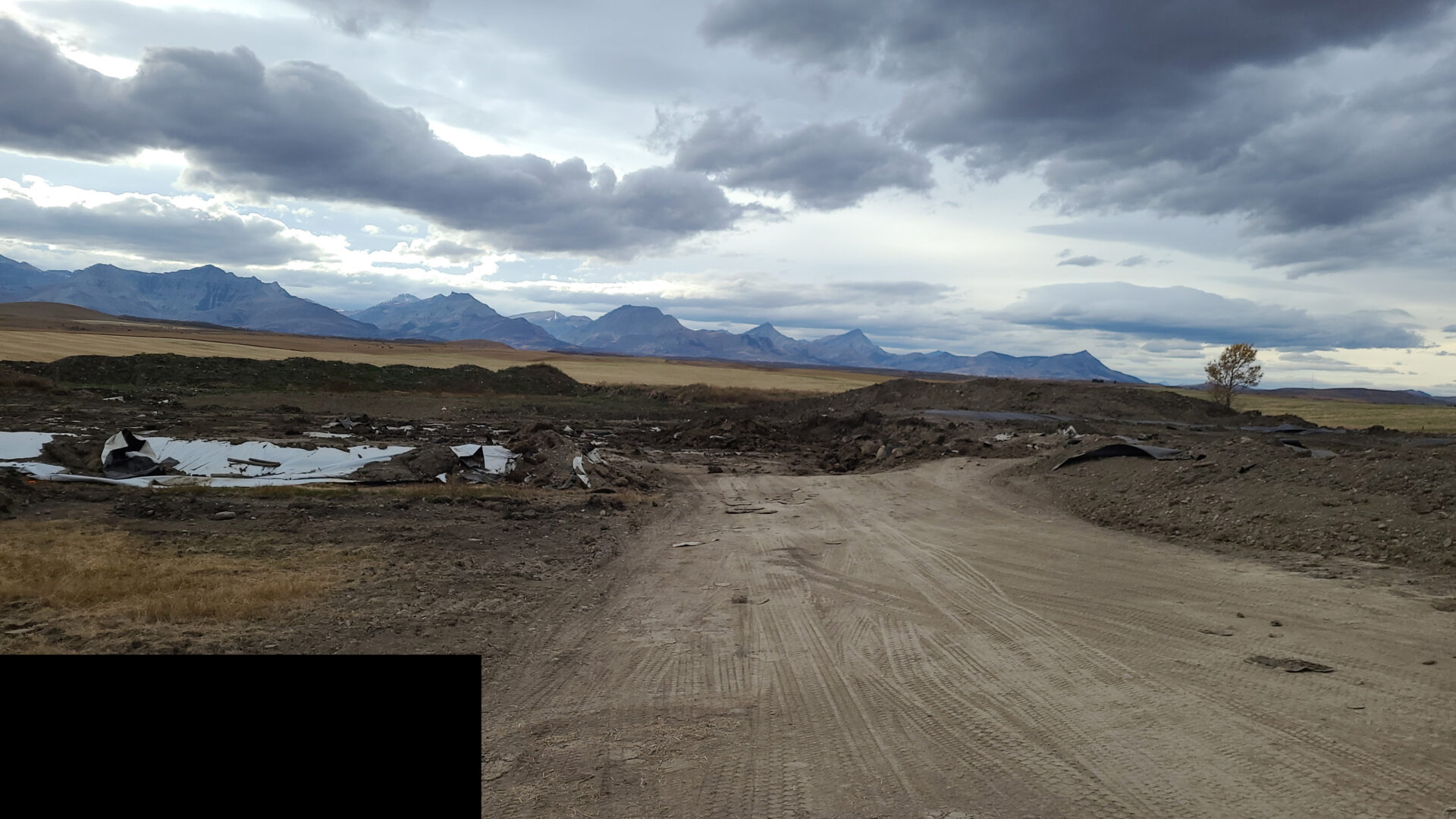From zero to threat or hero? Society’s awareness of AI and machine learning is growing rapidly, as is its uptake from students to businesses to governments. Gone are the days of the frustrating chat bots that greeted us as customer service streamliners on tech-forward websites. These days, creative AIs can paint or draw in any style you can imagine, large language models can write stories in the style of Ernest Hemmingway to John Grisham, and voice AI software can replicate anyone’s voice and create clips of them saying something new. Is it any wonder that Hollywood was striking with actors concerned about unsolicited reproduction of their likeness and writers fearing the end of human creativity on the big or small screen? While wages continue to rise, fast food franchises are trialing burger and taco bots which not only decrease labour costs, but also look to enhance customer experience. C-suite execs worldwide are looking at efficiencies and evaluating the future of work and workforces. What about environmental and engineering services in Canada? Can we collaborate on innovation that provides clients and our environment more progressive solutions? And will we need to?
AI is playing an increasingly important role in the initial assessment of contaminated sites. Not only does it save time over traditional manual methods, it can also provide a more comprehensive view of the contamination through the use of drones and satellite imagery. Machine learning algorithms can also analyze historical data variables to predict the likelihood of sensitive areas pre-construction and the likelihood of contamination on closure portfolios. This allows us to plan and avoid better when deploying resources and strategically assessing closure portfolios to meet corporate objectives. 360, in combination with the University of Calgary, is currently using historical data to build a predictive model regarding the likelihood of a site passing a Phase 1 environmental site assessment based on several variables. This will allow for optimization of our clients’ planning and capital allocations, ensuring that reclamation and remediation efforts are targeted in the most efficient way and retirement metrics are regularly met.
Generative AI presents a multitude of promising applications in both commercial and governmental domains, albeit accompanied by significant considerations. Prominent enterprises such as Bank of America, JPMorgan Chase, Apple and Samsung have adopted a cautious stance regarding employee access to ChatGPT, primarily driven by concerns regarding data security. The inherent operation of AI models necessitates the transmission of data to their developers to facilitate ongoing enhancements. However, this transmission introduces the potential for inadvertent disclosure of confidential or proprietary data. To fully capitalize on the potential of Generative AI, organizations must undertake the development of robust data protection mechanisms and privacy safeguards to maintain trust with stakeholders.
On a personal note, technology and AI has taken up residence in our homes but is it invading our privacy? Hey, Google (or Alexa) what’s my favourite recipe, set my alarm, what’s the weather, etc.? I got mad one day at my Google home and, I swear, it quit saying have a nice day for the rest of the week. Was it mad at me or just reacting to my mood? While hearing a clip of Johnny Cash singing Barbie Girl kind of made my day, the thought of using this same voice cloning by my children and/or co-workers to clone my voice to say just about anything, is terrifying! Can you imagine children using this tech to report school absences in their parents’ voices? Let’s face it, these days if we can imagine it, chances are it is already possible.
As humans we are driving the initiatives and pace of adoption. The Industrial Revolution took place over the better part of a century; the AI revolution is predicted to occur in two or three! This will require us to continue to use AI to build things that help humans flourish rather than make them redundant. If done right, it has the potential to solve a long list of problems from world hunger to education, but it cannot replace creativity and the stories that come from personal experience. Can we really trust ChatGPT to script a plot as clever and ruthless as Succession (no way an algorithm chooses Tom!)?
Thanks for reading!
Chantelle & Janet
P.S. One of these paragraphs was re-written by ChatGPT, can you tell which one?

























































